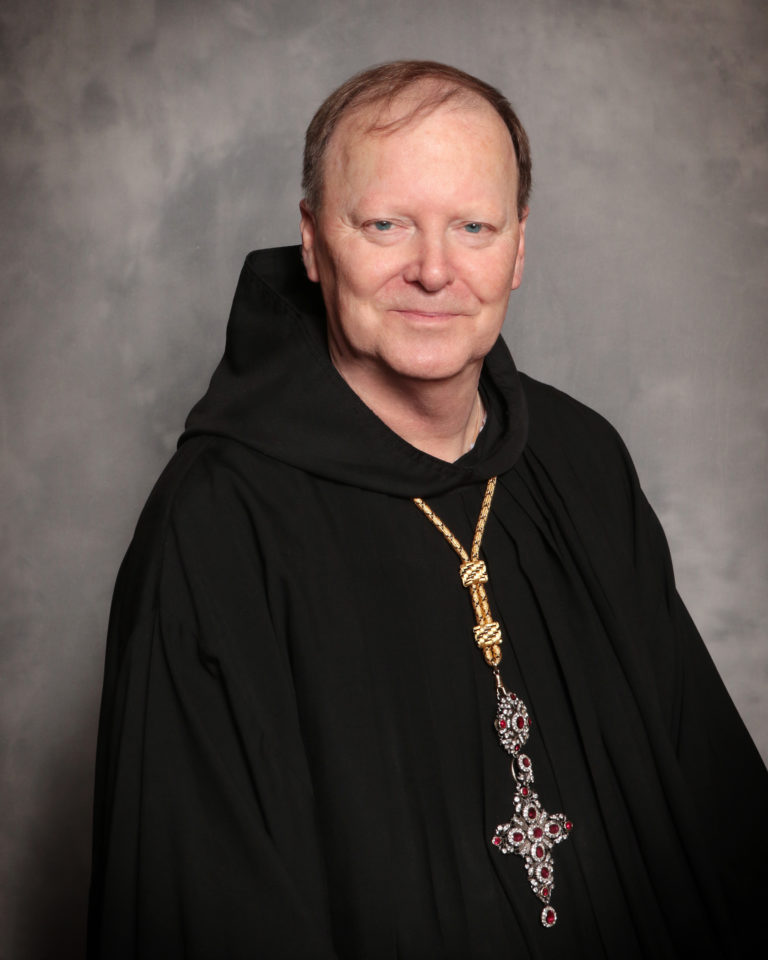About Us
Handcrafting caskets and urns at Saint Meinrad for 25 years
Building a Benedictine Tradition for 25 Years
The beginning of Abbey Caskets dates back to 1854 when the very first monk was buried at Saint Meinrad Archabbey. The casket that monk was buried in would have been fabricated here, most likely by a local carpenter or craftsman, and that’s when the tradition began.
Abbey Caskets was established in 1999 and is owned and operated by the monks of Saint Meinrad Archabbey. Abbey Caskets supports the prayer and works of Saint Meinrad Archabbey by offering handcrafted wooden caskets, cremation urns and keepsake crosses directly to the public.
Our products reflect the sacred traditions of the Benedictine monks, while honoring the deceased’s own values, dignity and individuality. Wanting to be buried in a casket from Saint Meinrad Archabbey is a very intimate way of connecting in a deep and profound level with the spirituality of Saint Meinrad.
Abbey Caskets’ products are offered as a way for the monks to share with others what God has given to Saint Meinrad. The true focus of this particular work is the same of monastic life:
That in all things God may be glorified.

Dear Friend of Saint Meinrad
As Benedictine monks here at Saint Meinrad, we certainly appreciate the natural beauty of our home – the trees and beautiful landscape that surround our hilltop monastery and the sandstone buildings that have stood for many years.
This appreciation for God’s gifts is a part of our spiritual life. We celebrate this belief in the spiritual through the many symbols that are part of monastic life.
One of those powerful symbols that expresses our belief about eternal life is the simple wooden casket in which we bury our brother monks. Until just recently, one of the monks built the caskets here in our own shop. This long tradition has made it a familiar symbol in our community.
The plain yet noble casket was the inspiration for Abbey Caskets. We are pleased you wish to find out more about this work of Saint Meinrad Archabbey. We think you’ll find it is a work that embodies the dignity of human handiwork and, at the same time, represents our ultimate poverty before God and Christians.
Sincerely in Christ,

Archabbot Kurt Stasiak, OSB
